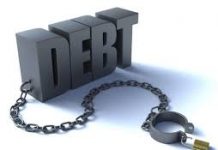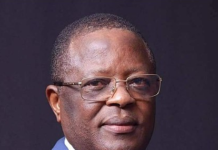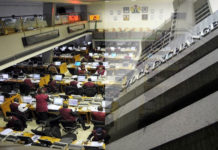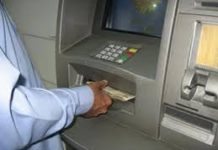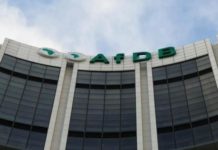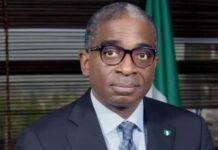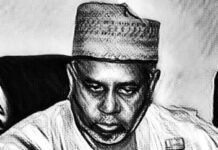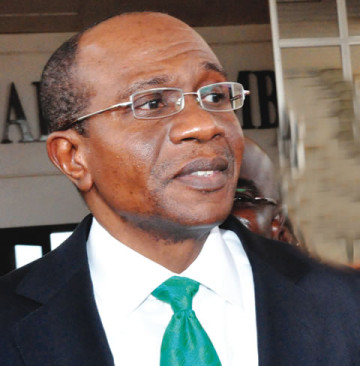
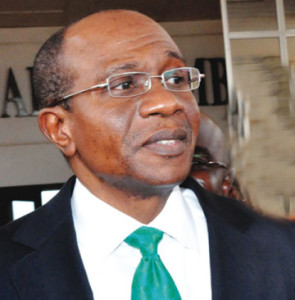 Financial analysts have cautioned the Monetary Policy Committee of the Central Bank of Nigeria to avoid increasing the Monetary Policy Rate, currently fixed at 12 per cent, ahead of the committee’s meeting scheduled for today and tomorrow, 25-26 July, 2016 .
Financial analysts have cautioned the Monetary Policy Committee of the Central Bank of Nigeria to avoid increasing the Monetary Policy Rate, currently fixed at 12 per cent, ahead of the committee’s meeting scheduled for today and tomorrow, 25-26 July, 2016 .
The Monetary Policy Rate is the anchor rate at which the CBN, in performing its role as a lender of last resort, lends to Deposit Money Banks to boost the level of liquidity in the banking system.
If the apex bank intends to increase the level of liquidity in the economy, it reduces the MPR, but increases it when it intends to tighten money supply.
President of the Institute of Fiscal Studies of Nigeria, Mr. Godwin Ighedosa, said that since the economy was struggling with high inflation rate and unemployment, raising the interest rate now would not achieve the desired result.
He said the level of inflation in the country was caused by factors outside the control of the monetary policy, noting that rather than tightening the level of liquidity in the economy, the CBN should either hold the rate at 12 per cent or reduce it to stimulate productive activities.
Read Also:
Ighedosa stated, “There is a general tendency to want to raise interest when there is a general rise in price level as the fundamental job of the central bank is price stability.
“The stabilisation of prices is vital for investment decisions, but again, monetary policy is a short to medium-term measure, and so one of the problems in Nigeria is the disconnect between the monetary policy, industrial policy and fiscal policy issues.
“Now, there is temptation to raise interest rate when you have inflation, but the problem now is that we have inflation with unemployment rising at the same time; and so, the idea of wanting to raise interest rate with the hope of reducing the price level will not necessarily deal with the problem.
“And so, if you want to stimulate the economy, then the rate should be left unchanged, because what is evident in our economic situation now is that the inflationary pressure is import-induced and whatever traditional policy measures you want to use now by raising the interest rate will not solve the problem.”
He added that the best policy response that could be adopted by the monetary and fiscal authorities was to begin to build productive capacity and also invest in areas where the country had domestic capacity in terms of demand.
“This is the wrong time to move the interest rate up; rather, we should invest massively in terms of building industrial capacity locally and then try to consume locally the things that we produce,” he noted.


